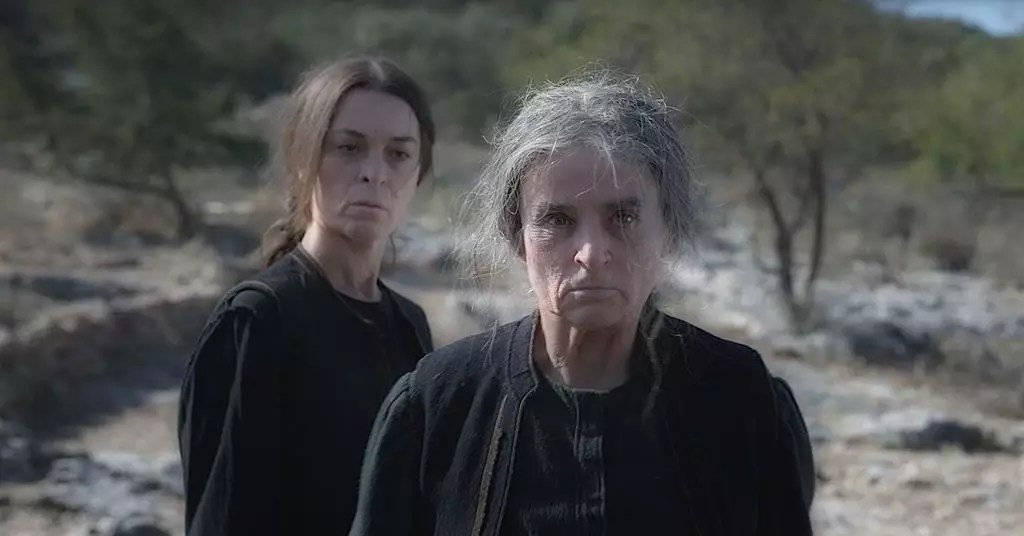Greece’s cinematic landscape is currently gripped by anticipation as Eva Nathena’s profound work, The Murderess, has been nominated as the national entry for Best International Feature Film at the 97th Academy Awards. This choice, however, did not come without its fair share of difficulties stemming from a disjointed selection process marred by erratic decisions from the Greek Ministry of Culture. The film, an adaptation of the celebrated novel by Alexandros Papadiamantis, transports viewers to a time around the year 1900 on a secluded Greek island, encapsulating Hadoula’s struggle against societal norms in a patriarchal setting.
The selection ordeal began back in August when the Ministry of Culture convened a committee of noted film professionals to undertake the critical task of representing Greece at the Oscars. Comprising filmmakers, critics, and seasoned actors, the initial committee included Milky Way’s Vasilis Kekatos, film critic Leda Galanou, actress Kora Karvounis, and screenwriter Kallia Papadakis, who were collectively tasked with the lofty responsibility of discerning the best entry for international acclaim. Examining films and preparing for deliberations, these artists anticipated a seamless process. However, in a baffling twist, they received notifications that their previously scheduled roles and responsibilities had been rescinded, leading to an abrupt dissolution of the committee.
What transpired next was a hasty formation of a new selection committee, albeit amidst the ongoing chaos. This new group comprised screenwriter Evan Spiliotopoulos, film critic Dimitris Danikas, and several others; yet, the atmosphere of uncertainty persisted. The upheaval was particularly felt when Asimina Proedrou, a notable director and previous Oscar contender for Behind the Haystacks, made headlines by resigning from the committee. Her departure, articulated in a thoughtful open letter on Facebook, spotlighted the discordant nature of the Ministry’s selection protocols, underscoring a critical moment in Greek cinema’s journey to the Oscars.
The disarray surrounding the selection committees raises broader questions about the stability and governance of film representation at an international level. The fluctuating decisions of the Ministry reflect not only a lack of coherence in managing cultural diplomacy but also demonstrate how internal conflicts can stall national pride on the global stage. As a result, artists are left wondering about their standing in a process that should celebrate their achievements and contributions.
With the Oscars shortlists set to be revealed on December 17, the stakes are notably high for The Murderess and the ongoing narrative of Greek cinema in international spheres. As Hadoula’s poignant story unfolds in the film, it serves as a metaphor for the broader themes of struggle and resilience amidst adversity—echoing the very challenges faced by the selection process itself. Greek cinema, rich in tradition and narrative depth, has much to offer, yet this recent debacle serves as a reminder of the fragility of its representation on the world stage. As the cinematic community holds its breath for the announcement, the real victory may lie not merely in accolades, but in the unity and clarity that future selections promise.


Leave a Reply